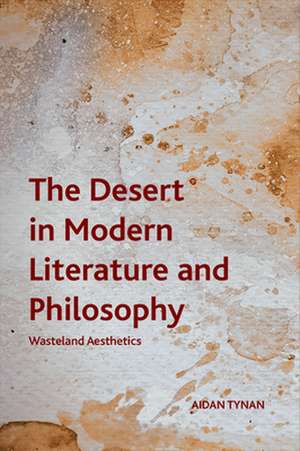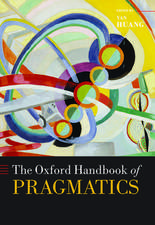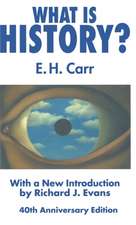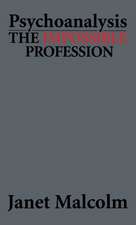The Desert in Modern Literature and Philosophy: Crosscurrents
Autor Aidan Tynanen Limba Engleză Paperback – 30 mai 2022
| Toate formatele și edițiile | Preț | Express |
|---|---|---|
| Paperback (1) | 141.12 lei 3-5 săpt. | |
| EDINBURGH UNIVERSITY PRESS – 30 mai 2022 | 141.12 lei 3-5 săpt. | |
| Hardback (1) | 553.92 lei 3-5 săpt. | |
| EDINBURGH UNIVERSITY PRESS – 18 aug 2020 | 553.92 lei 3-5 săpt. |
Din seria Crosscurrents
- 18%
 Preț: 551.81 lei
Preț: 551.81 lei - 5%
 Preț: 147.24 lei
Preț: 147.24 lei - 11%
 Preț: 159.99 lei
Preț: 159.99 lei - 5%
 Preț: 146.36 lei
Preț: 146.36 lei - 11%
 Preț: 172.74 lei
Preț: 172.74 lei - 11%
 Preț: 165.73 lei
Preț: 165.73 lei -
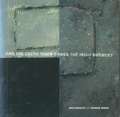 Preț: 80.41 lei
Preț: 80.41 lei - 6%
 Preț: 138.63 lei
Preț: 138.63 lei - 14%
 Preț: 551.61 lei
Preț: 551.61 lei - 12%
 Preț: 342.87 lei
Preț: 342.87 lei -
 Preț: 336.45 lei
Preț: 336.45 lei -
 Preț: 410.28 lei
Preț: 410.28 lei -
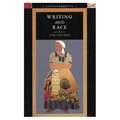 Preț: 303.01 lei
Preț: 303.01 lei - 34%
 Preț: 496.94 lei
Preț: 496.94 lei -
 Preț: 464.54 lei
Preț: 464.54 lei -
 Preț: 350.02 lei
Preț: 350.02 lei - 18%
 Preț: 582.69 lei
Preț: 582.69 lei - 18%
 Preț: 645.04 lei
Preț: 645.04 lei
Preț: 141.12 lei
Preț vechi: 148.53 lei
-5% Nou
27.00€ • 28.27$ • 22.34£
Carte disponibilă
Livrare economică 15-29 martie
Specificații
ISBN-10: 1474443362
Pagini: 264
Dimensiuni: 156 x 234 x 14 mm
Greutate: 0.38 kg
Editura: EDINBURGH UNIVERSITY PRESS
Seria Crosscurrents
Descriere
Aidan Tynan provocatively rethinks some of the core assumptions of ecocriticism and the environmental humanities. Showing the significance of deserts and wastelands in literature since the Romantics, he argues that the desert has served to articulate anxieties over the cultural significance of space in the Anthropocene. He explores the ways in which Nietzsche's warning that 'the desert grows' has been taken up by Heidegger, Derrida and Deleuze in their critiques of modernity. And he looks at how the desert has been a terrain of desire over which the Western imagination of space and place has range, in writings from T.S Eliot to Don DeLillo, from imperial travel writing to postmodernism; and from the Old Testament to salvagepunk.
